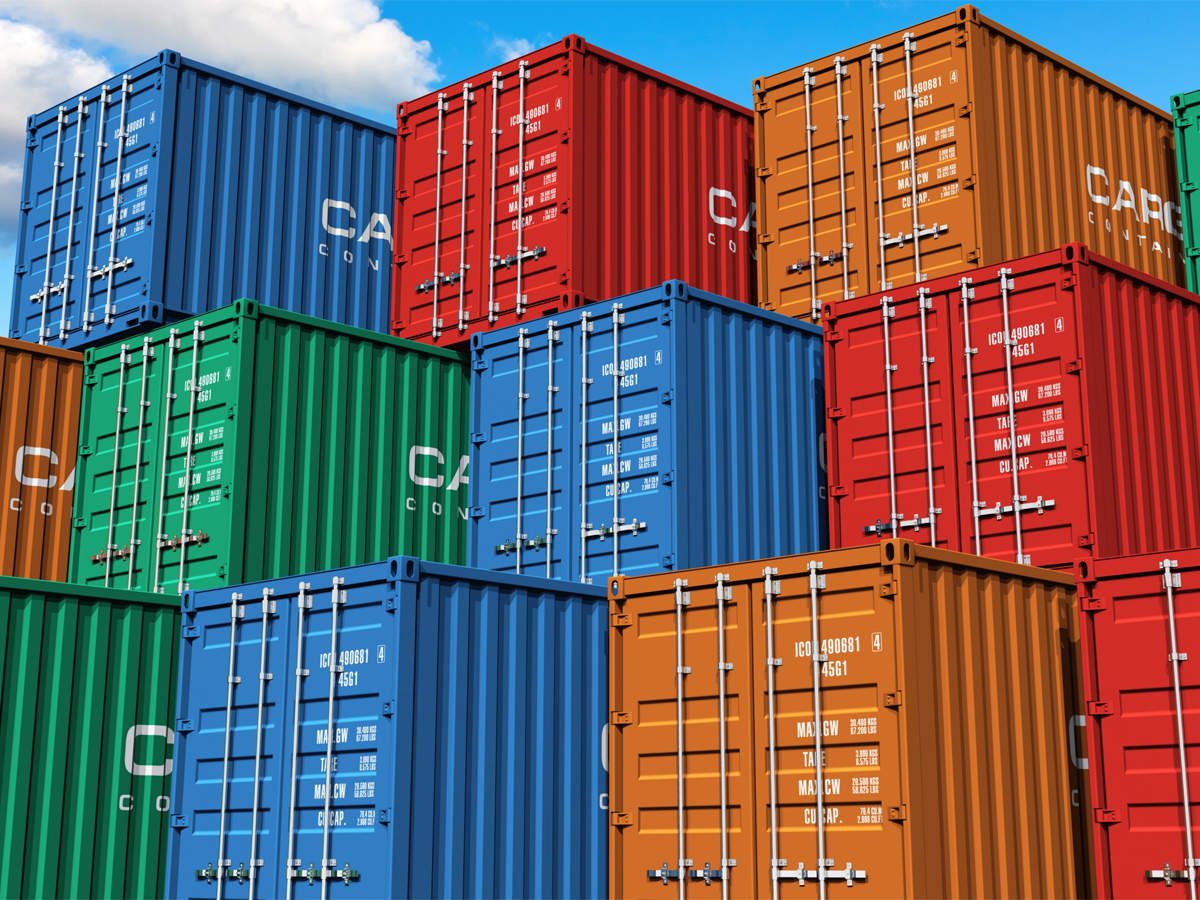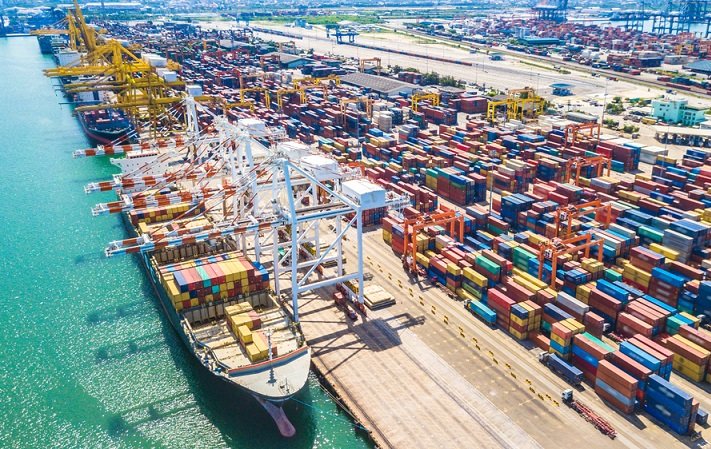Moving overseas can be one of the most adventurous parts of your life. But it can also be one of the most stressful.
In particular, it can be overwhelming to think about packing up your entire life. How on earth are you going to ship your belongings across the globe?
That's where we come in. Read on for the best tips for shipping your personal effects overseas.

Downsize Before You Move
Before you even think about shipping your personal effects, you should consider downsizing.
Now, scaling back might be the last thing you want to do when you're moving across the world. Many people cling to their belongings as they believe they'll provide comfort in a foreign land.
However, you'll thank yourself later. Taking only what you need will drastically reduce shipping costs, which leaves more room in your budget for other moving expenses.

How to Decide What to Get Rid Of
Downsizing your personal effects is easier said than done. So, how do you decide what to get rid of?
Go through your items and carefully consider how valuable they are. When we say valuable, we don't necessarily mean the cost. Instead, ask yourself how much you actually use them and whether you'll miss them in your new home.
If you haven't used an item in the last six months, it's probably time to get rid of it. Raise funds for your move by selling these belongings that no longer serve you. You could also lighten your load through donations or simply throwing stuff out.
Items You Should Keep
Having a hard time deciding what to keep? Most migrants hang onto their wardrobes. This move will save you from having to do a full-on shopping spree once you arrive in your new country.
Other items you should keep include:
• Marriage certificates, insurance paperwork, and other important documents
• Sentimental items like artwork or family heirlooms
• Items of interest (guitars, sewing machines, etc.)
Items You Should Leave Behind
Need reassurance that it's OK to leave some stuff behind? Here are a few items that are worth selling:
• Kitchen appliances like fridges and microwaves
• Televisions
• Entertainment systems
• Furniture
You should be especially selective about bringing electronics. Countries abide by different voltage standards, meaning your computers may not be compatible with foreign outlets. You'll have to mess with inconvenient voltage converters and risk frying your electronics.
Voltage output aside, it's often cheaper to buy electronics and other items in your new country rather than shipping them overseas. Plus, you'll get to deck out your new home with upgraded furnishings!
Choose a Reputable Moving Company
So, you've followed our advice to downsize. But even after consolidating and parting ways with items, you still have a lot of stuff to ship.
Don't worry — most migrants run into this problem. No one expects you to pack your entire life into a carry-on. The next step is to find a moving company to ship the rest of your items.
But you don't want to trust just any provider to transport your belongings across the world safely. So when researching international movers, look for characteristics such as:
• Whether they specialize in international locations. When using a company like Three Movers international moving company, you won't have to worry about whether or not they can ship your goods from any corner of the world (as long as it isn't super remote, like an island!)
• Whether they are members of an organization like FIDI Global Alliance
• What countries they operate in
• What kinds of goods they specialize in shipping
• How fast their transit times are
• Quality of customer service
• How long they've been in the industry
• What their online reviews say
• How involved in the moving process they are
Compare Quotes
Choosing the first moving company you come across could be a mistake. You could not only miss out on more qualified providers but also better prices.
Therefore, it's important to get as many quotes as you can. Send your inventory to providers and ask for all-inclusive estimates. This way, you'll ensure you get the best deal and keep your expenses as low as possible.
Start Looking Early
Ideally, you want to start researching moving companies as early as possible. Getting a head start will save you from lots of headaches.
For instance, many migrants want to settle in before their new job starts or family members move in. However, if they choose an unreliable moving company, they'll be trying to coordinate their relocation while juggling new responsibilities.
It's also important to get a head start as it can save you money. The cost of shipping household goods overseas tends to be more expensive during seasons with bad weather. By working with your moving company, you can find a window that works for you while also keeping costs as low as possible.
Opt for Sea Freight
Once you have a reputable moving company by your side, the rest of the international relocation process will be much easier. A pro will be with you every step of the way to offer expert advice and ensure things go as smoothly as possible.
As such, your moving company will likely recommend you choose sea freight over air freight. Air freight's main benefit is that it's much quicker. However, sea freight is 12-16 times more affordable and just as secure. Plus, because this shipping method has a significantly smaller carbon footprint, you can feel good about putting your items on a boat.
Decide Between FCL or LCL
After choosing between sea freight and air freight, you're not quite done with decision-making. Your next choice will be between FCL or LCL.
FCL stands for Full Container Load. As the name suggests, you pay a flat rate for the use of an entire container. This option is most cost-effective if you plan on shipping 15 cubic meters of cargo.
If you're shipping less, however, you should opt for LCL. Also known as Less Than Container Load, this option allows you to share container space with others.
Stuck between FCL or LCL? Talk to your moving company to see which option is best for your situation.
Be Mindful of the Customs Process
Once your belongings make their way into shipping containers, they have a long road ahead of them.
One of their stops will be the customs office. Here, customs agents will thoroughly examine your belongings to ensure you aren't smuggling anything illegal. Avoid problems by being aware of what you can and cannot bring. Some contraband items may seem obvious, but realize that every country has different regulations. (In Singapore, for instance, it is illegal to import chewing gum.)
During their search, customs agents will also take inventory of your belongings to levy customs duties. They can tax you for anything they think is for business-related purposes or stuff you haven't owned for more than six months. You can make the process go smoother and avoid unnecessary duties by:
• Organizing your belongings
• Making a detailed inventory
• Limiting bulk quantities
• Providing receipts that prove you own the item/the date of purchase

Shipping Your Personal Effects Overseas — The Bottom Line
With this guide, one part of your international relocation just became a whole lot easier. Be sure to use our tips, such as finding a reputable moving company and choosing sea freight over air freight. Before you know it, you'll be settled in your new home (and won't be in debt from your move!).

